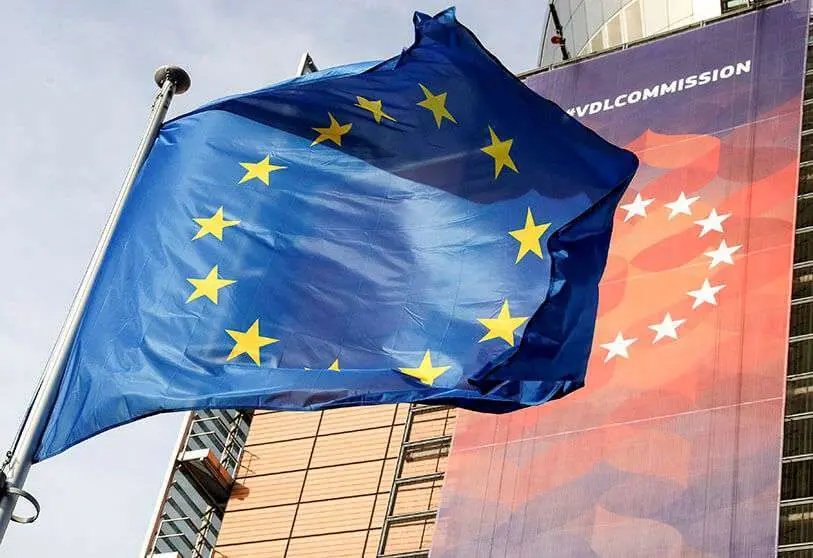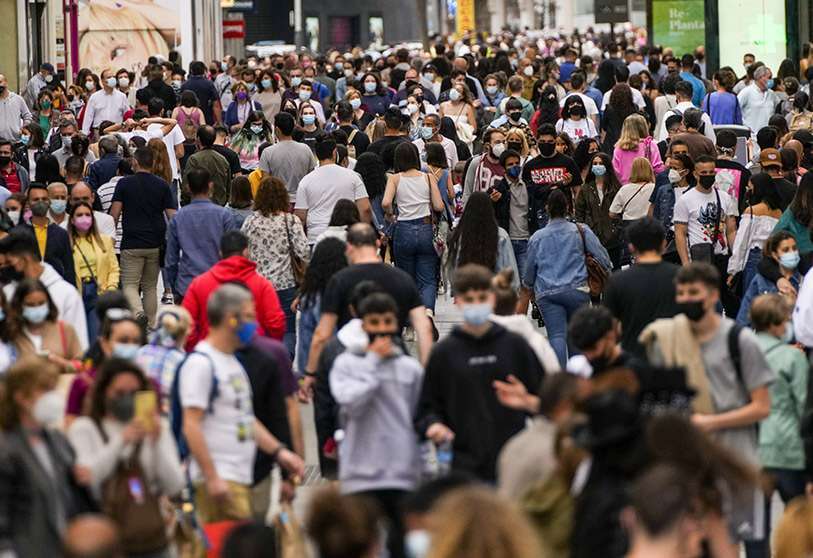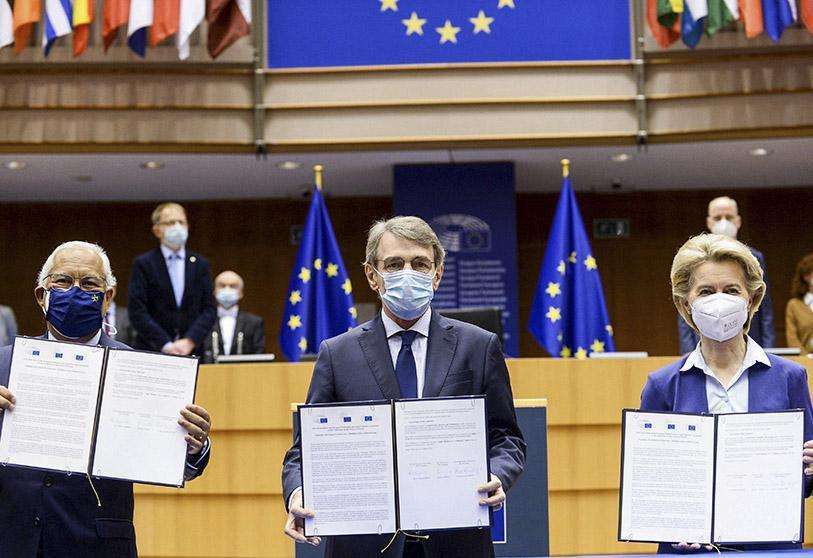The construction of the concept of citizenship

Citizenship is a complex concept that needs to be set in its historical and political context. Terms such as "citizen" and "citizenship" do not admit of a single definition. The term citizen can be defined, in a very general way, as "a person who coexists in a society".
The origin of citizenship goes back to Ancient Greece, where citizens were those who had the right to participate in the affairs of the state. Not everyone was a citizen: women, slaves, peasants, foreigners were mere subjects. For those who had the privileged status of citizen, being a "good" citizen was an important part of the concept, since participation was not only considered a right, but also a duty. Aristotle dealt with the subject in his book III on Politics. In Rome citizens were all those who inhabited the civitās (city), children of a father and mother who were citizens, and who were granted rights.
In the Middle Ages, with the spread of feudalism, the organisation of society changed and people became mostly vassals of their lord and subjects of the monarch. In the late Middle Ages, natural philosophers suggested that individual freedom in the modern world did not depend on membership of the community. But in the monarchies of absolutism, people remained subjects, although the idea of citizenship began to take shape. At the end of the 18th century, the French Revolution was to bring about a momentous change. The 'Declaration of the Rights of Man and of the Citizen' of 1789 made the concept of citizenship linked to political, civil and social rights.

In the contemporary world, citizenship is the expression of belonging to a given society in which the individual participates. In the Western tradition the citizen is both a set of legal attributes and a member of the political community. It was a progressive development with three essential stages: a "civil citizenship" in the 18th century, linked to freedom and property rights; a "political citizenship" in the 19th century, linked to the right to vote and to social and political organisation; and, in the 20th century, a "social citizenship", linked to the welfare state. There is therefore a plurality of thematic dimensions: political/legal, economic, social and cultural.
Of great importance today is the development of an intermediate space, the so-called civil society. This refers to the group of citizens who, in a coordinated manner, act to influence the sphere of power in accordance with various interests and objectives. The German philosopher Jürgen Habermas calls it the public sphere and defines it as a space between the state and private life, in which citizens can meet, exchange views on public affairs and government decisions, and propose changes and reforms, serving as a counterweight to the constituted powers. According to the American sociologist Michael Schudson, the public sphere would be a "playground for citizenship".
Citizenship is a concept closely linked to democracy. The idea of democratic citizenship is based on the belief that citizenship should be linked to democratic principles and values such as the rule of law, respect for human dignity and pluralism. It refers to the active participation of individuals in the system of rights and duties that is proper to citizens in democratic societies.
A further step would be active citizenship, a philosophy that stresses the importance of being an active citizen, one who exercises his or her rights and assumes his or her responsibilities in a balanced way. The participation of citizens in government is considered the cornerstone of democracy, and can be done in different ways and at different levels. Active citizenship is about having the right, the means, the space and the opportunity, including support, to participate in and influence decisions and contribute to activities, in order to contribute to building a better society for all.

There is concern about the problem of declining engagement and participation of citizens in the processes of democratic society. Regular voting by citizens is insufficient. In addition, low voter turnout indicates levels of political apathy among the population, which limits the effective functioning of democracy.
Being a recognised citizen in a country has many legal benefits, including the right to vote, to hold public office, to social security, to health services, to public education, to permanent residence, to property, to employment. The phenomenon of globalisation and large-scale migration today pose a major challenge to the concept of citizenship, which needs to be reflected upon.
"Citizenship' is therefore much more than a legal construct and encompasses other elements, such as the aforementioned sense of belonging to a community, a concept which is also changing. Since the 20th century, as the nation-state has ceased to be the sole centre for the organisation of power, a broader definition of the concept of citizenship has had to be given. It is a matter of applying an idea of community that can encompass the local, national, regional and international framework in which people live. Plurality, therefore, of spatial scales.

A fundamental question to raise is the concept of European citizenship, which is necessarily linked to the process of building the European Union. Citizenship of the Union was created by the Treaty of Maastricht in 1992 to advance along the path of political integration and, since then, until the current Treaty of Lisbon, the concept of European citizenship and the rights inherent to it have been maintained.
At present, any person who is a national of a Member State of the European Union is a citizen of the European Union. Citizenship of the Union complements national citizenship without replacing it. It both strengthens national ties and opens the door to participation in a wider community, a new political space, from which new rights and duties derive.
The rights conferred by European citizenship are set out in the Treaty on the Functioning of the European Union and the Charter of Fundamental Rights of the European Union. These are very important rights, but they could be more, in line with the process of EU integration. Cosmopolitan rights" are not enough; we must listen to the needs and aspirations of the almost 450 million inhabitants of the Union and we must continue to make progress in the construction of the European Union and of European citizenship.
María Ángeles Pérez Samper, Emeritus Professor of Modern History at the University of Barcelona
